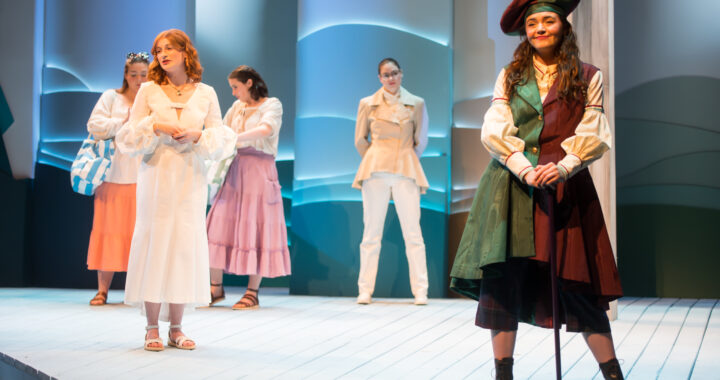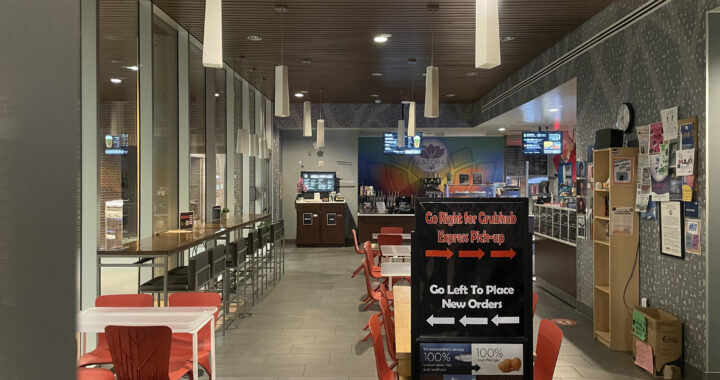Charity Compilation Raises AIDS Awareness, Rocks Out
3 min readBy RYAN MARR
I owe the music industry a long-overdue admission of guilt: I download music illegally. There, I said it—anyone under the age of 30: feel free to cast the first stone.
From my early prepubescent experiments with Kazaa (which may or may not have crashed my family’s computer) to my current fixation with peer to peer file sharing giant Bit Torrent, I’ve always managed to get my grubby little thrift-stained hands on the latest music free of charge.
Enter “Dark Was the Night,” the charity compilation sponsored by Red Hot, produced by brothers Aaron and Bryce Dessner (of the National) and featuring a track-list that reads like the roster of a 2009 indie rock all-star game.
Naturally, my conscience faced a seizure-inducing moral dilemma as I sat in front of my laptop, internally debating the ethical implications of illegally downloading a charity album.
The charity—the Red Hot Organization—is a 20-year-old company committed to eradicating AIDS and HIV by means of spreading awareness and raising money through popular culture.
“Dark Was the Night” not only uses popular culture to promote a charitable cause, but, with an arsenal of exclusive, original tracks from a plethora of emerging independent artists including the Decemberists, Arcade Fire, the National, My Morning Jacket and Sufjan Stevens, the compilation ends up redefining it in the process.
It’s near impossible to imagine a charity compilation that, despite sporting a few standout tracks, doesn’t inevitably sink under the weight of half-baked meanderings from apathetic, yet lucrative, ego-tripping musicians.
With the exception of Buck 65’s misstep, and a surprisingly lackluster Spoon song, “Dark Was the Night” notably manages to score gems from artists whose individual contributions are as ambitious in musical quality as the album is in scope.
I like to think of it as the Planet Earth of charity compilations.
Cramming 31 tracks over two discs, cleverly entitled “This Disc” and “That Disc,” the Dessner brothers finally succeed in drawing up the first blueprints for a scene still too young to recognize its own significance.
The end result is a sprawling, panoramic view of the current landscape of independent music.
“This Disc” showcases this landscape’s pastoral, folk-derived roots with sparse arrangements from bearded neo-folkies Bon Iver and Iron & Wine, a surprisingly mournful duet between Feist and Death Cab for Cutie front man Ben Gibbard, and yet another brooding triumph from the National.
“That Disc” takes a more diverse approach, pitting the accordion-driven pop of Beirut against Cat Power’s bluesy, organ-sized pipes and the soft, piano drone-musings of Yo La Tengo.
Sufjan Stevens even breaks his recent radio silence to lend the album its crowning achievement: a 10-minute Castanet’s cover that features a skittering drum machine, a classical piano interlude, and horns that could have been ripped from an Ennio Morricone soundtrack.
It’s a wonder and a testament to the Dessner brothers’ curative abilities that this eclectic collection of young artists feels like a cohesive statement at all, much less like the definitive statement of a generation of musicians.
“Dark Was the Night” evokes a “fallen” world of struggle, but also the capacity of art to inspire us to rise above the obstacles put in our path,” Bryce Dessner writes in the liner notes of the album. “Our nights may be dark, but music gives us inspiration and hope of brighter days to come.”
Not only is “Dark Was the Night” worth its weight in gold doubloons, it comes wrapped in a mantra that even a stingy, money-hoarding music pirate can get behind.











